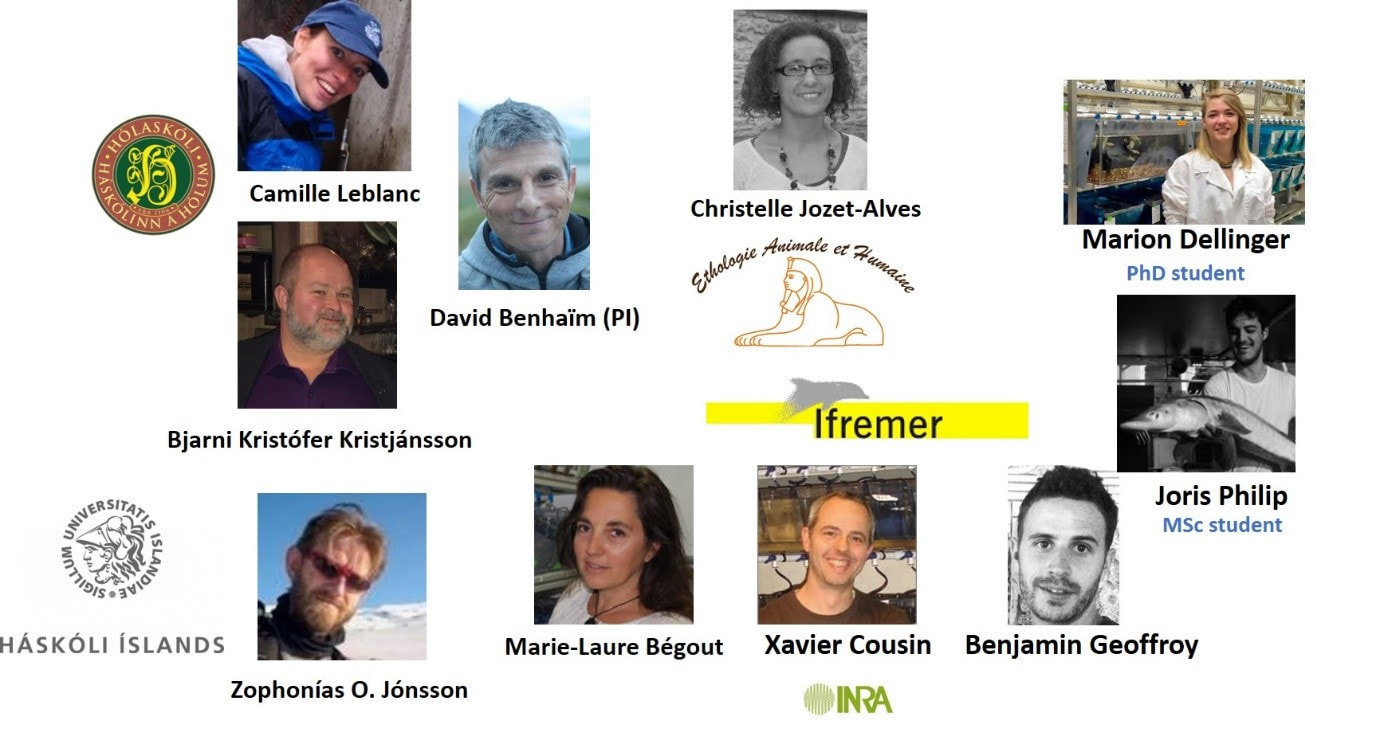Evolution of cognition: A study of sympatric morphs of Arctic charr (Salvenius alpinus)
Cognitive abilities are involved in the way individuals’ cope with their environment. To understand individual variation in cognition, it is necessary to consider the ecological and evolutionary context of the species being studied. Fishes experience a wide variety of environments, even within the same species leading to different morphs such as anadromous, benthic and pelagic morphs in Artic charr (Salvenius alpinus, AC). The present study aims to explore how environment of AC shapes their cognition. We hypothesize that cognition can be impacted by the degree of divergence i.e. divergence along an evolutionary and ecologically gradient. We will compare spatial cognition, personality traits, brain size, structure and molecular markers of i) domesticated aquaculture AC raised in enriched versus plain environment; ii) wild-caught AC morphs along a degree of divergence living in either anadromous, enriched versus plain environments. This project is the first to study cognition processes in AC and will assist in understanding which brain structure may be important for cognition adaptations. We expect that wild origin and environmental enrichment will have a positive effect in fish cognitive abilities related to bigger brain size and that cognitive performances will vary according to AC morphs. This project will deepen our understanding of evolution of cognition.
Collaborators:
Collaborators:



